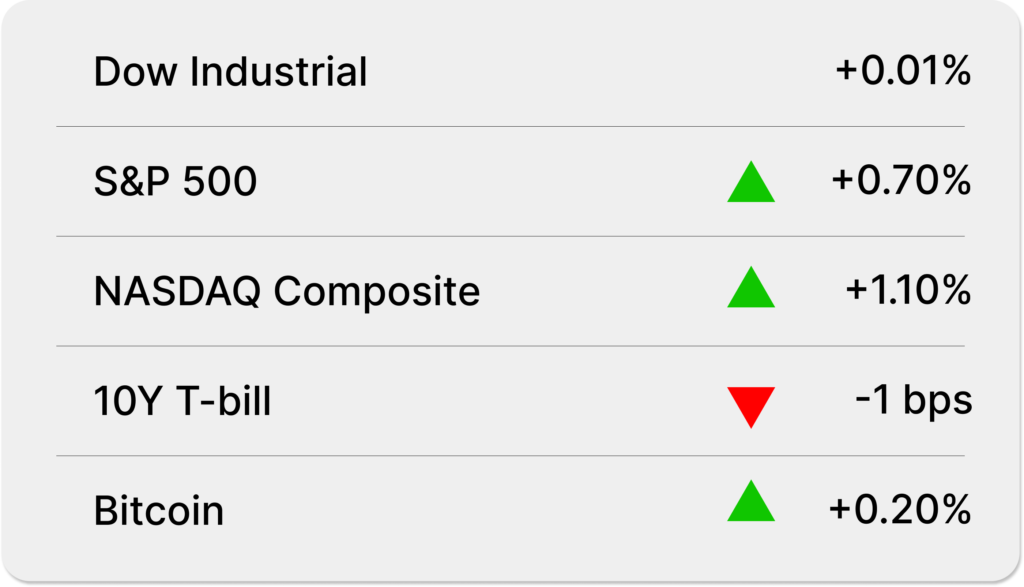
Key Events
👉 The DOJ Seeks To Break Up Live Nation and Ticketmaster’s Monopoly
Before Spotify and file-sharing services, the main source of a musician’s income was the sale of their albums. Tours were expected to incur a loss but the shortfall was supposed to be made up by a boost in the sale of the albums the musicians were promoting.
After file-sharing became popular, musicians began to rely more on tours and concert sales to supplement their income. Live Nation recognized this and its business grew. It began buying record label companies and their portfolio of artists, stakes in venues, and exclusive promotion deals, mandating that they use Live Nation as their promoter.
Ticket distribution was the final nail in the coffin for Live Nation’s concert business to be vertically integrated. So, it merged with Ticketmaster in 2010. From the venue’s perspective, anyone who does not play ball with Live Nation risks losing access to its portfolio of musicians that included Jay-Z, Travis Scott, and Taylor Swift.
This enabled Live Nation to force its venue to sign exclusive distribution deals, making Ticketmaster their distributor for tickets. And from the artists’ perspective, if they do not agree to the fees charged by Ticketmaster they risk losing access to some of the world’s biggest stadiums (which they own 60 of the 100 largest US amphitheaters).
The government in a jury trial will determine if Live Nation is violating the Sherman Antitrust law and the company may be forced to restructure or split into two or more companies.
👉The European Stock Buyback Splurge
Historically, European countries have relied on dividend payments to return cash to shareholders, but now an increasing number of companies are engaging in stock buybacks.
During the pandemic, many companies went into cash preservation mode and are attracted by the flexibility of share repurchases compared to dividend payments. Once dividends are instated, investors have an expectation that the dividends will continue to be paid out. Any interruptions to dividends could signal financial weakness. Whereas, stock buybacks have no cadence. This allows management to be more strategic with timing the return of capital to investors.
Out of the 600 companies in the Stoxx Europe 600 Index, 350 are engaging in stock buybacks.
Companies that are flushed with cash, have strong balance sheets, and potentially stumped by their low valuations can buyback shares to signal confidence and undervaluation. Buybacks help:
(i) Return capital
(ii) Reduce equity dilution
(iii) Gain control
(iv) Take advantage of undervaluation
(v) Inflate financial metrics (think EPS)
👉 JPMorgan Looking To Expand Its Private Credit Business
It is unusual that if you are a company or private equity investor looking to raise a huge sum of money, you are better off going to an alternative asset manager like Ares Management instead of a global investment bank such as JP Morgan Chase & Co since JP Morgan has $4 trillion in assets while an alternative asset manager like Blue Owl has $174 billion.
Nonetheless, if you went to a bank it would tell you that we cannot outright just give you the money but we can help you look for it. So, JPMorgan would act as an intermediary, marketing your loans and bonds to investors. JPMorgan will now use less of its balance sheet and take less long term risk, charging a fee in the process.
It would be nice if the funds were readily accessible to you. That’s what private credit does. Private creditors are non-bank lenders that lend to companies, i.e. they give you the money. For borrowers it has some drawbacks such as it is more expensive and if you are looking to raise a lot of debt, you have to approach multiple private creditors.
However, it has a certain appeal in terms of user experience. Thus, JPMorgan’s investment bank has set aside $10 billion for direct lending and is forming partnerships with asset managers for private lending deals.
Mergers and Acquisitions
Walt Disney agreed to sell its minority stake in the subscription based TV broadcaster Tata play to Tata Group.
Private Equity
CVS is seeking a private equity investor to support growth at Oak Street Health.
Venture Capital
Syre, a textile recycler, raised $100M in Series A funding.